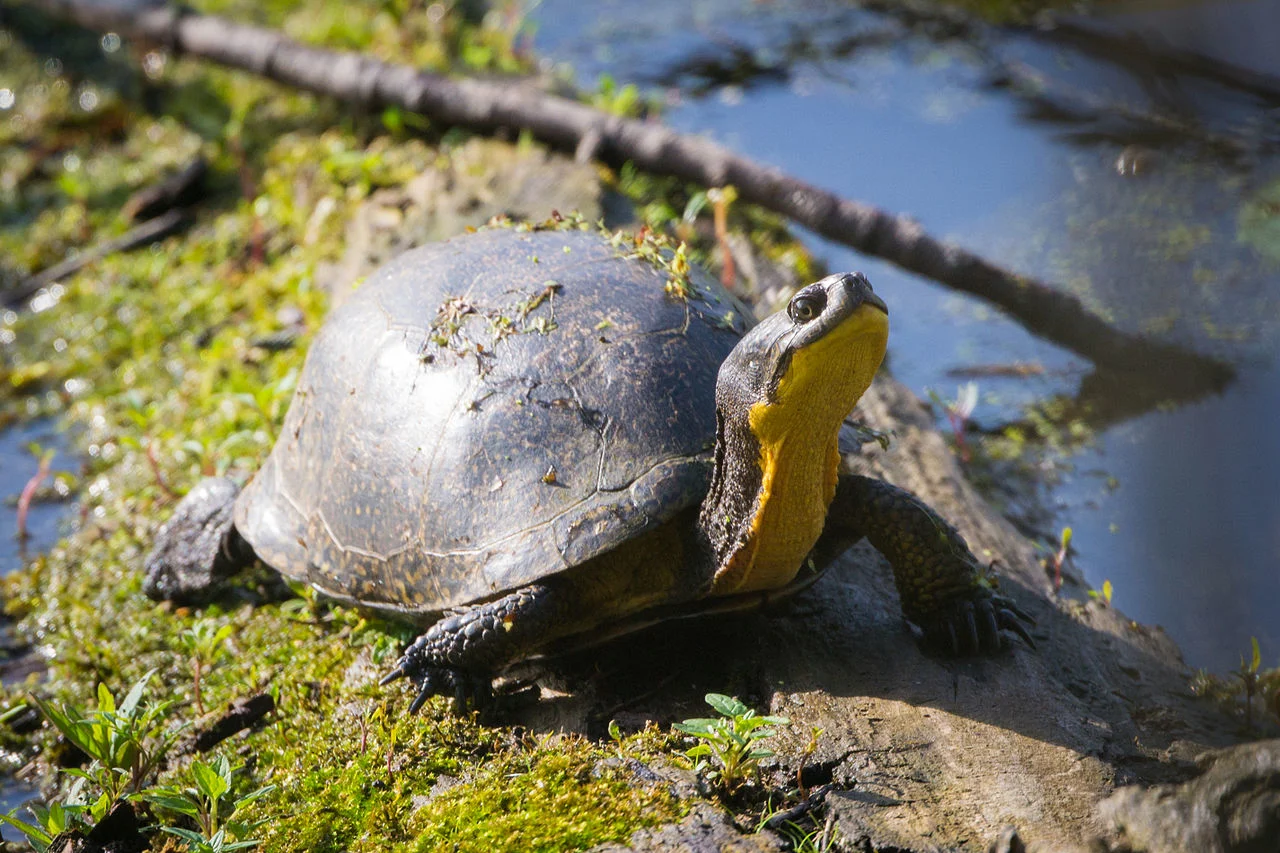
The biggest threat to Canadian turtles
Turtles have survived and thrived on earth for more than 200 million years - until now. Today, all eight of Canada’s freshwater turtles are listed as Species at Risk, and are one of the most endangered groups of animals in the country.
While mass habitat loss, pollution and poaching all threaten turtles, the biggest risk to the population is road mortality, particularly during nesting season in May and June. 70 per cent of southern Ontario’s wetland habitat is gone which has forced many turtle species to establish nests in the soft shoulders along roadsides. As a result, more turtles, particularly pregnant females, are crossing roads, making them susceptible to vehicles.
“Turtles are slow at everything,” says David DeRocco of the Canadian Wildlife Federation, “including reproduction, so every life counts.”
Most turtle species don’t start laying eggs until 10 - 20 years of age, so if one adult female is killed, it has a significant impact on the species’ ability to recover its population. If one female is saved, she can lay eggs for decades.
This is where the Canadian Wildlife Federation’s (CWF) Turtle Project comes into play. The CWF works to conserve turtles in the Muskoka, Lake Simcoe watershed through the Saving Turtles At Risk Today (START) Project, in conjunction with Scales Nature Park and the Georgian Bay Turtle Hospital. The Eastern Ontario Turtle Project is that region’s turtle conservation group, also delivered by the CWF.
Since the START Project began in 2013, approximately 1,685 square kilometres have been protected, and over 15,000 hatchlings have been re-released into the wild. In the last two years, 240 turtles have been rescued off roads, while the Ministry of Transportation has installed 10 “Turtle Crossings” signs and plans to erect 10 more in 2019.
The Eastern Ontario Project protected 55 square kilometres of wetland habitat in 2018 after a Blanding’s Turtle survey found over half of the 1000 turtles found dead on roads in the area were endangered Blanding’s Turtles. Further, the Ministry of Transportation agreed to install permanent road fencing at two area hotspots. The Project also re-released nearly 400 hatchlings into the wild in 2018.
Here’s what you can do to help.
Slow down in wetland and rural areas where turtles are apt to be present
If you see a turtle on the road, pull over if it’s safe to do so, and move the turtle to the side of the road in which it was headed
Never lift a turtle by its tail, this is their spine
If you spot turtles in Muskoka, call the Turtle Hotline: 705-955-4284
If you spot turtles in Eastern Ontario, call the Rideau Valley Wildlife Sanctuary: 613-258-9480
Elsewhere in Ontario, call the Ontario Turtle Conservation Center: 705-741-5000
For more information visit helptheturtles.ca










